Potato Chip Production Line - Chinese Manufacturer, Factory, Supplier
Modern snack food manufacturing relies on sophisticated potato chip production line systems that transform raw tubers into crispy, golden delicacies. These industrial marvels represent decades of engineering refinement, where precision meets scale to satisfy global appetites.
The journey begins with rigorous tuber selection and washing stations. Commercial potato chip production line configurations incorporate pneumatic conveyance systems that transport potatoes through multiple cleaning phases, removing soil particulates and foreign matter. High-pressure water jets and rotating brush assemblies ensure optimal surface preparation before the critical peeling phase.
Peeling mechanisms utilize steam or abrasive techniques. Steam peelers employ superheated vapor to loosen skin layers, while abrasive peelers feature rotating carborundum-lined drums that mechanically remove outer layers through controlled friction. Each method requires precise calibration to minimize flesh loss while achieving complete skin removal.
Slicing represents the most crucial phase in any potato chip production line. Industrial mandoline systems equipped with razor-sharp stainless steel blades create uniform thickness measurements, typically ranging from 1.2 to 2.0 millimeters. Blade geometry, rotational velocity, and feed pressure must be meticulously synchronized to prevent product deformation or irregular cuts that compromise final texture.
Pre-treatment processes involve blanching and surface starch removal through controlled water immersion. This washing phase eliminates excess surface starches that could cause uneven browning or oil absorption irregularities during frying. Some advanced potato chip production line installations incorporate enzyme treatments to enhance color development and extend shelf stability.
Frying occurs within continuous belt fryers operating at precisely controlled temperatures between 160-180°C. These systems feature multi-zone heating chambers where product residence time and oil circulation patterns determine final moisture content and textural characteristics. Oil filtration systems continuously remove particulates and maintain frying medium quality throughout production cycles.
Post-frying operations include de-oiling stations utilizing centrifugal force or vibrating screens to remove excess oil. Seasoning application follows through pneumatic dusting systems or tumbling drums that ensure uniform flavor distribution across product surfaces.
Quality assurance protocols within modern potato chip production line configurations include optical sorting systems that identify and reject defective products based on color, size, or shape parameters. Metal detection equipment provides final safety verification before packaging.
Contemporary installations achieve production capacities exceeding 1,000 kilograms per hour while maintaining consistent product specifications. These automated systems minimize human intervention while maximizing efficiency, food safety compliance, and product uniformity that defines successful commercial snack food operations.

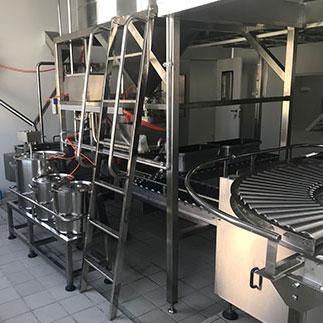 Cold Chain Rice Production Line
Cold Chain Rice Production Line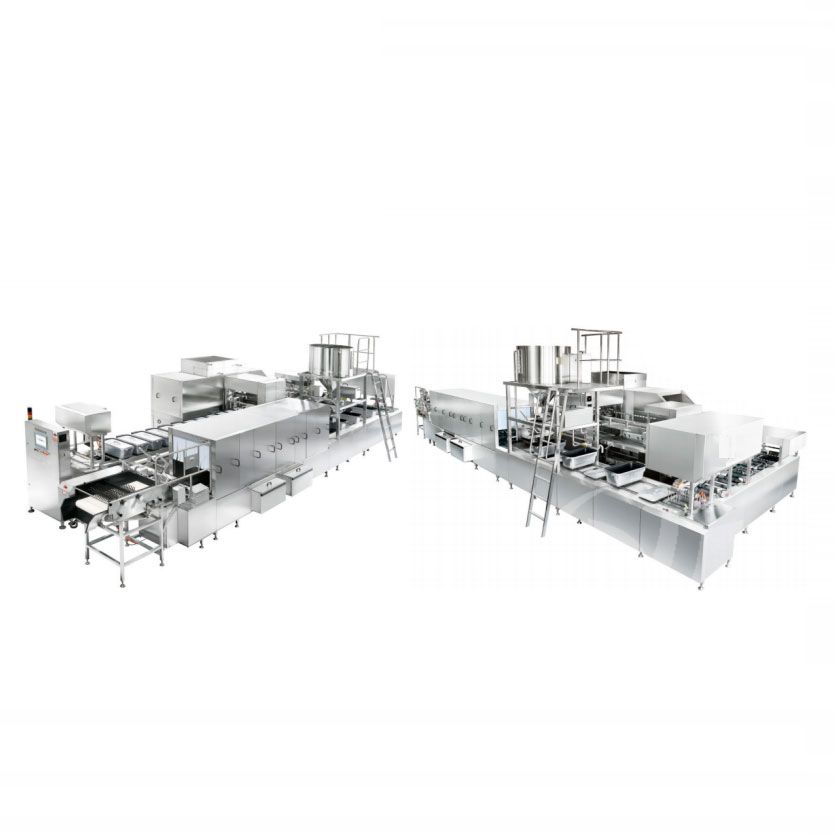 Unmanned Intelligent Rice Production Line
Unmanned Intelligent Rice Production Line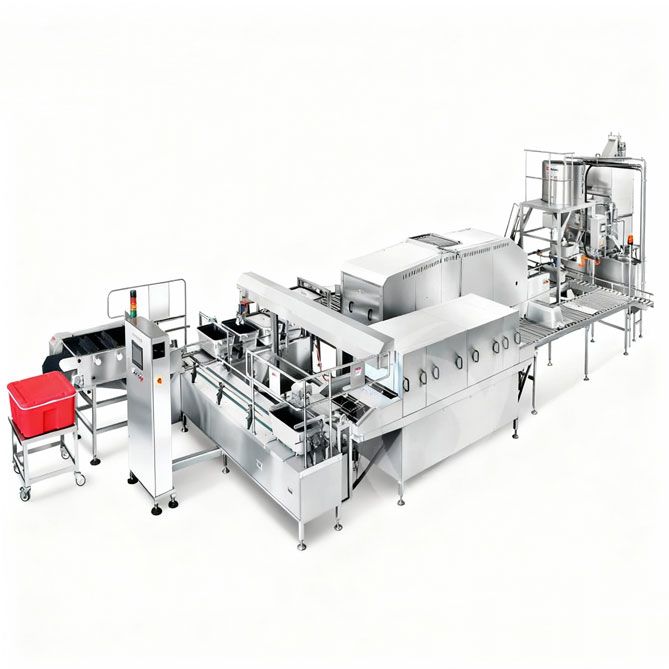 Robotic Rice Production Line
Robotic Rice Production Line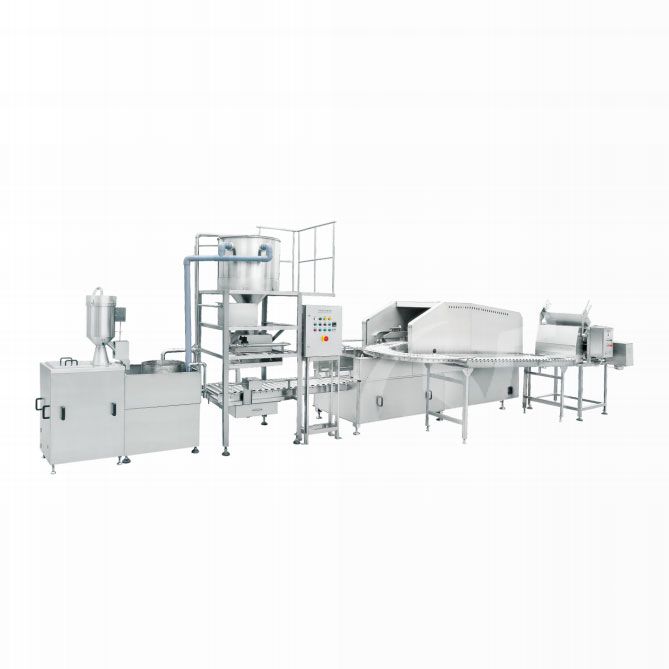 Automatic Rice Production Line
Automatic Rice Production Line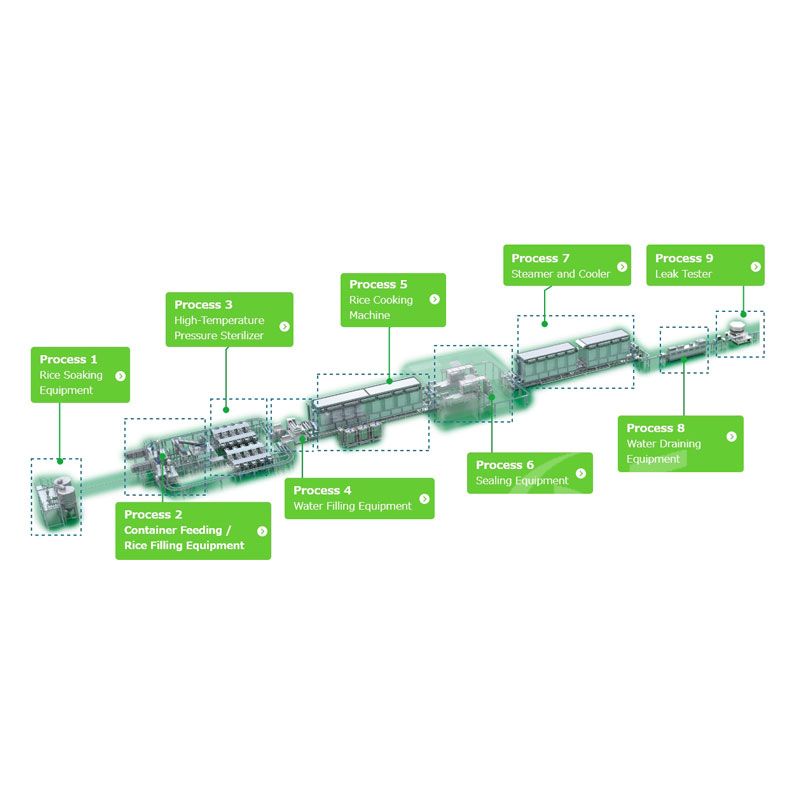 Aseptic Rice Production Line
Aseptic Rice Production Line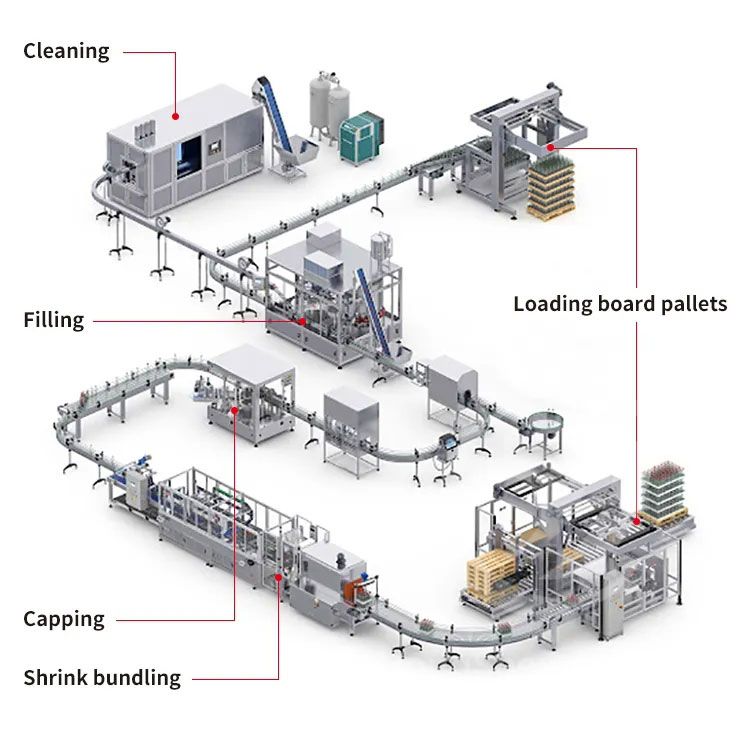 Aseptic Canning Production Line Equipment
Aseptic Canning Production Line Equipment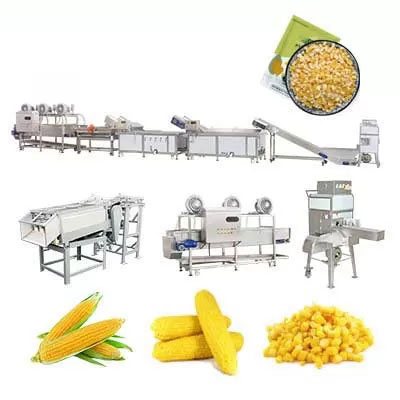 Sweet Corn Canning Production Line
Sweet Corn Canning Production Line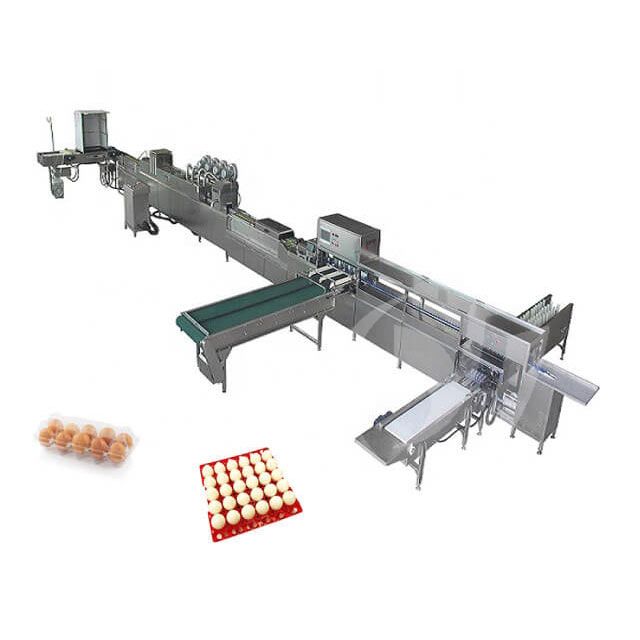 Egg Canning Production Line
Egg Canning Production Line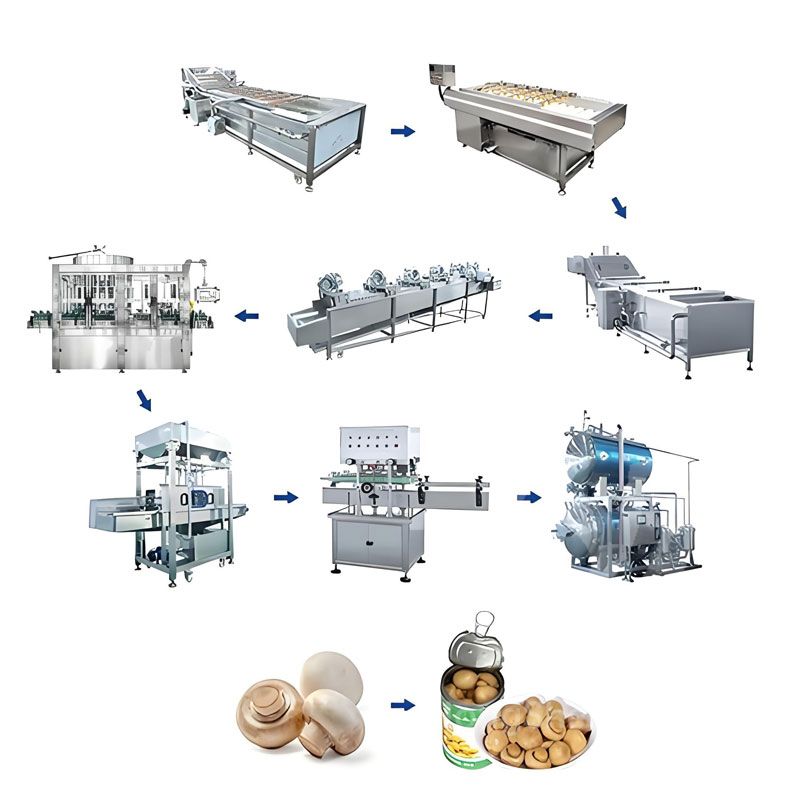 Button Mushroom Canning Production Line
Button Mushroom Canning Production Line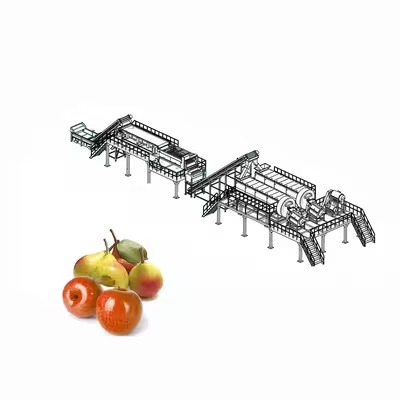 Apple Canning Production Line
Apple Canning Production Line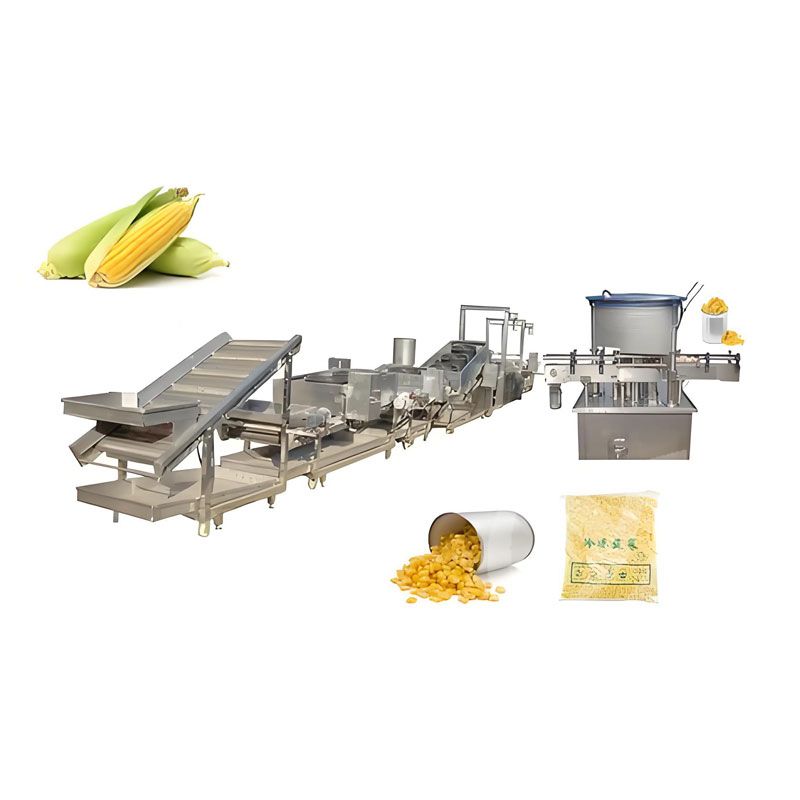 Corn Canning Production Line
Corn Canning Production Line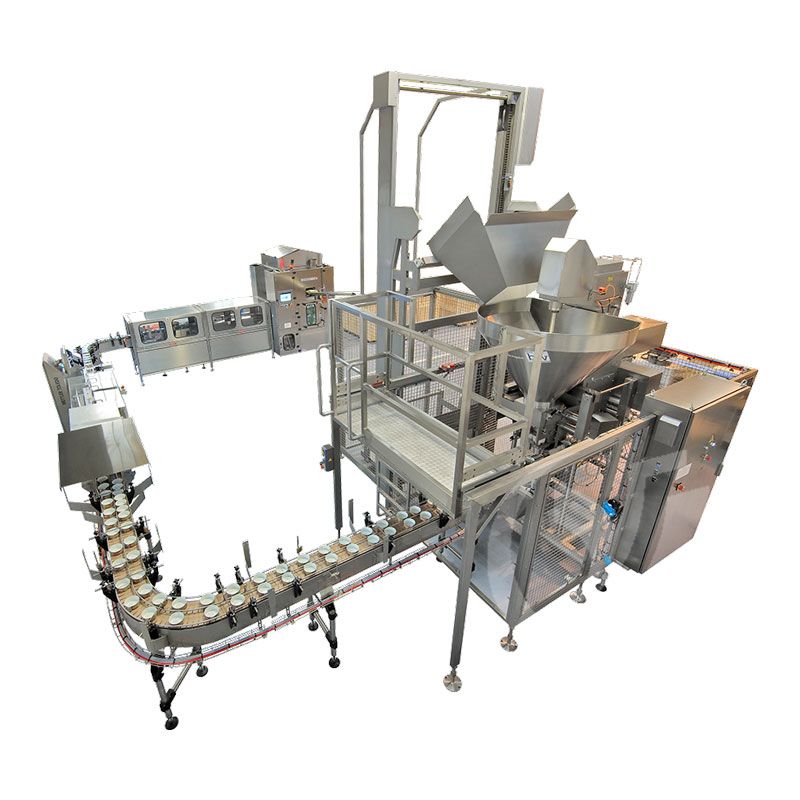 Meat Canned Food Production Line
Meat Canned Food Production Line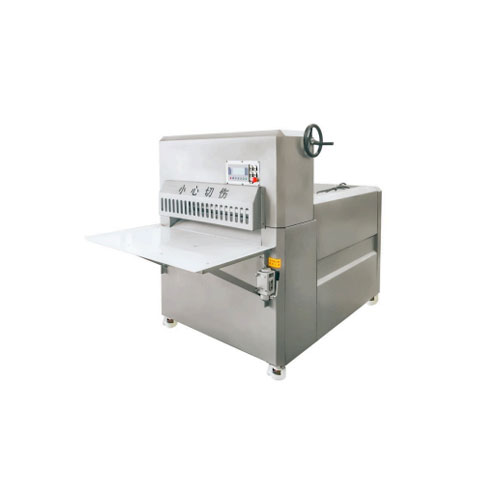 Frozen Meat Slicer
Frozen Meat Slicer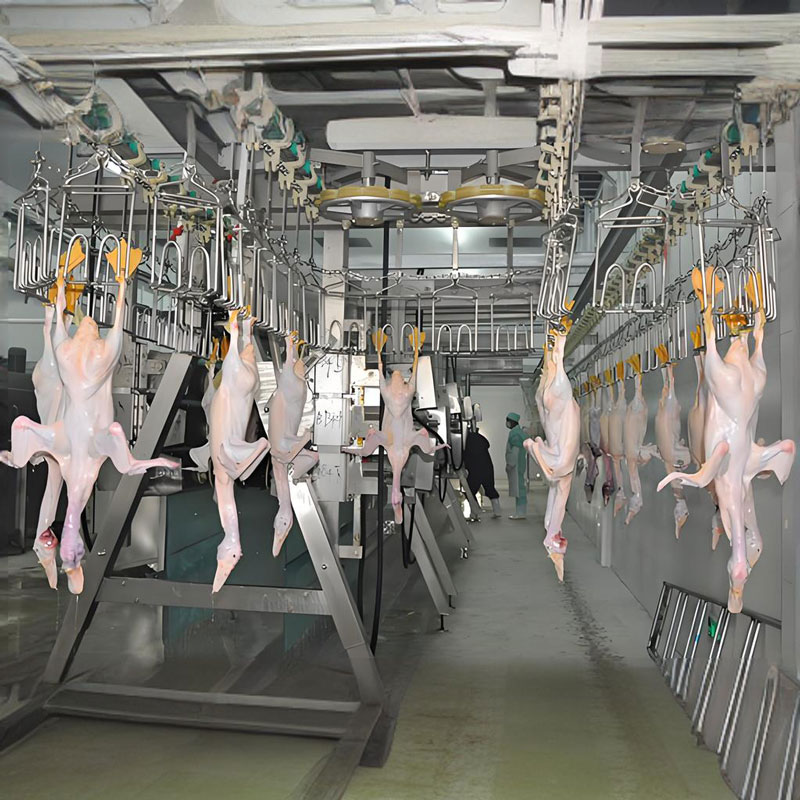 Poultry Slaughtering Line
Poultry Slaughtering Line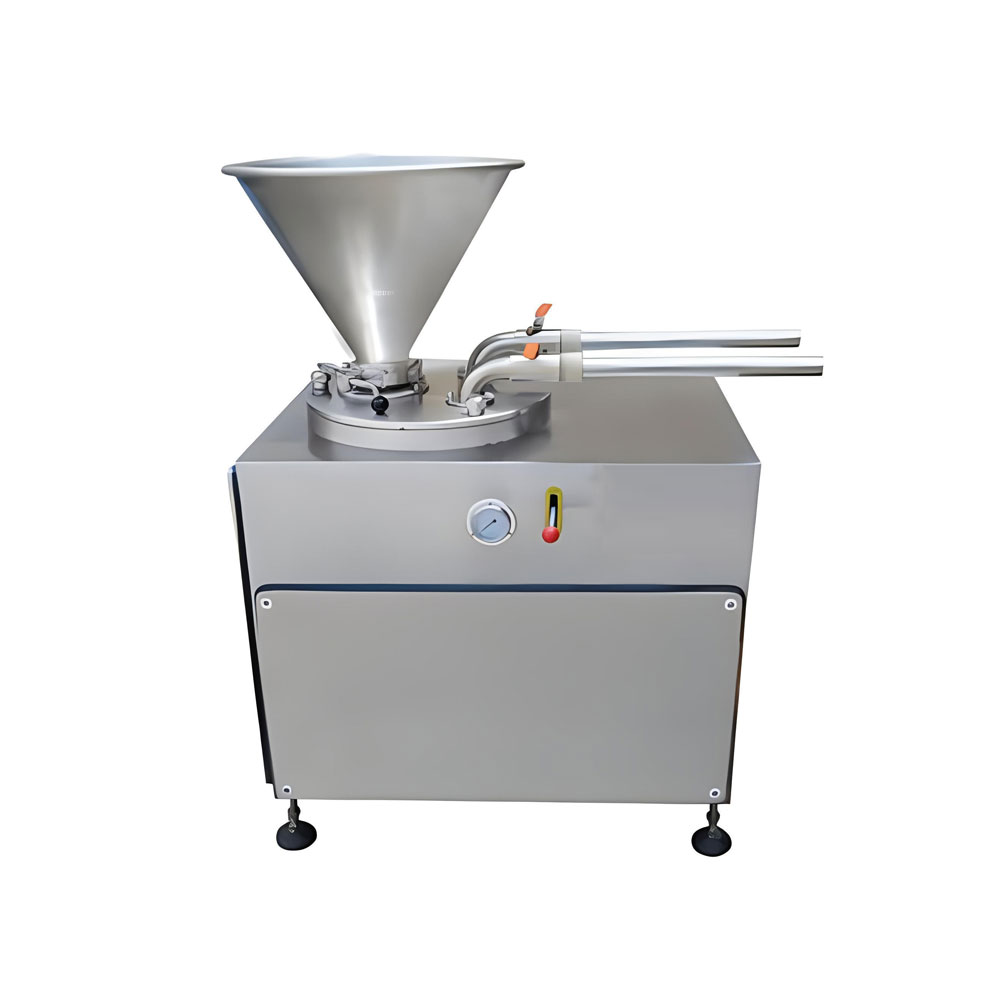 Hydraulic Sausage Filling Machine
Hydraulic Sausage Filling Machine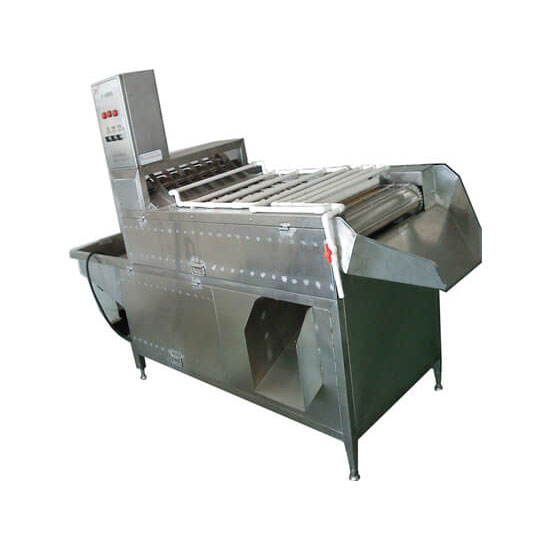 Chicken Egg Peeling Machine
Chicken Egg Peeling Machine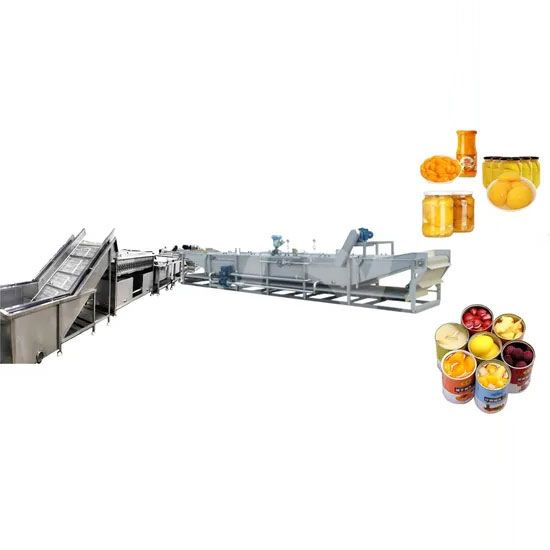 Canned Fruit Production Line Equipment
Canned Fruit Production Line Equipment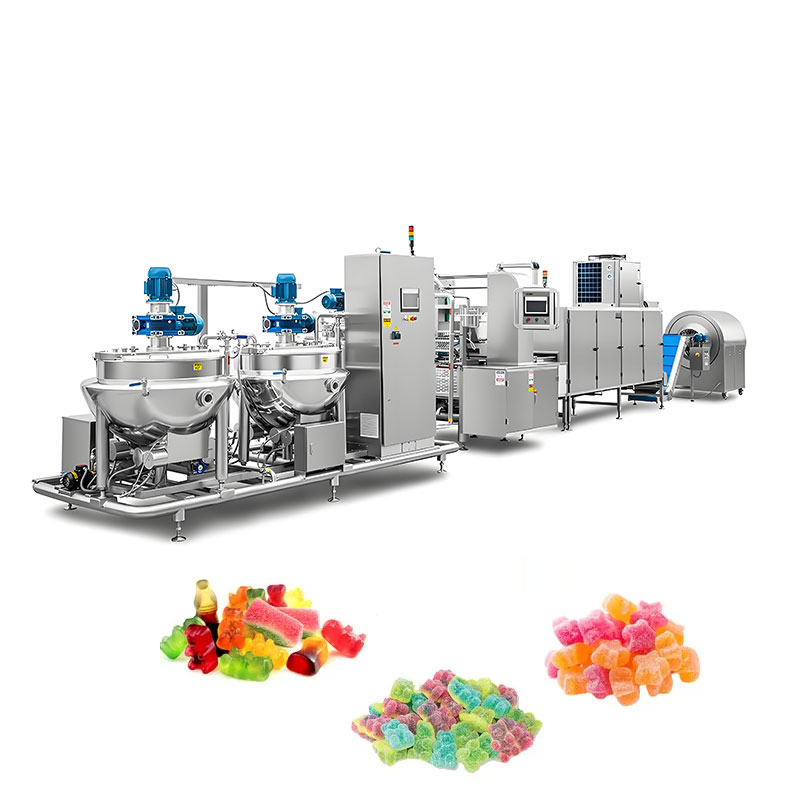 Gummy Candy Production Line
Gummy Candy Production Line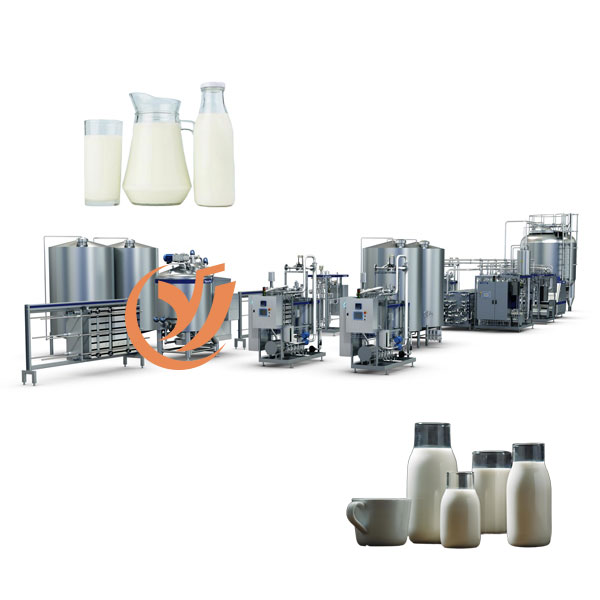 Dairy Lines
Dairy Lines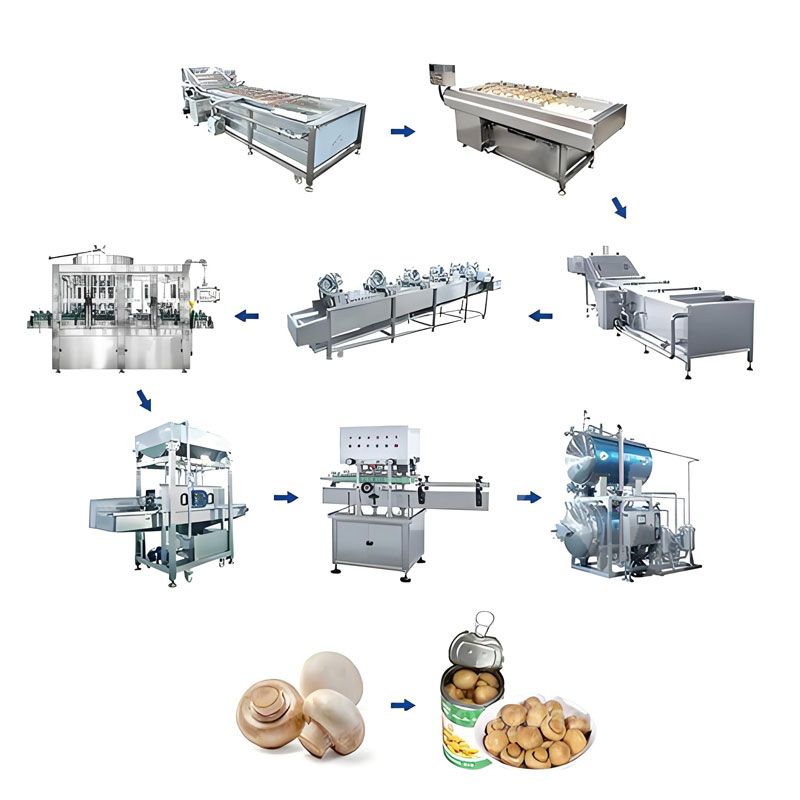 Edible Mushroom Canned Food Production Line
Edible Mushroom Canned Food Production Line